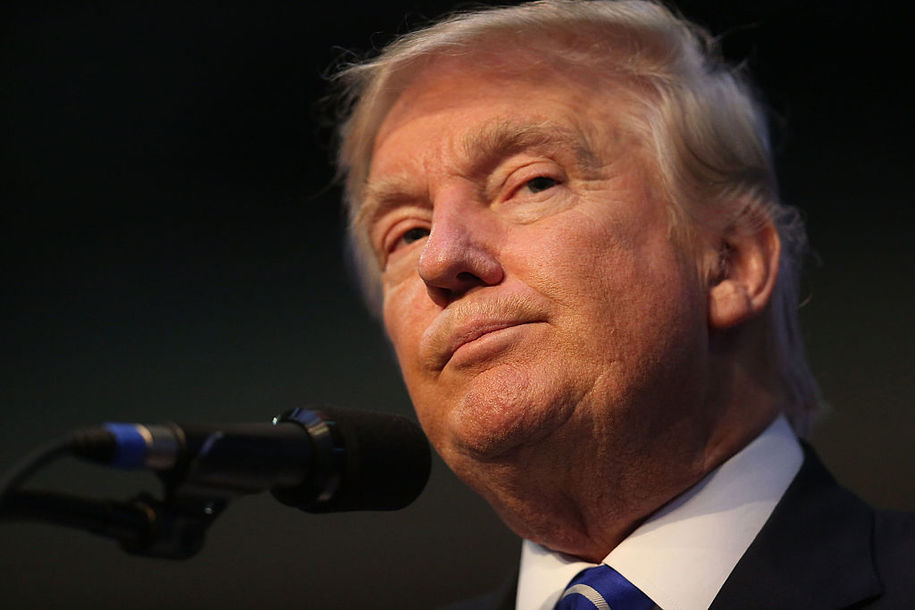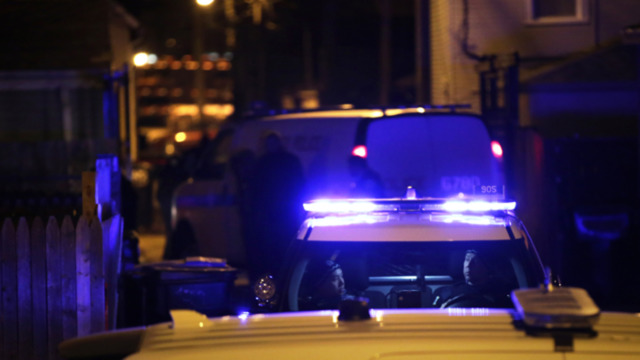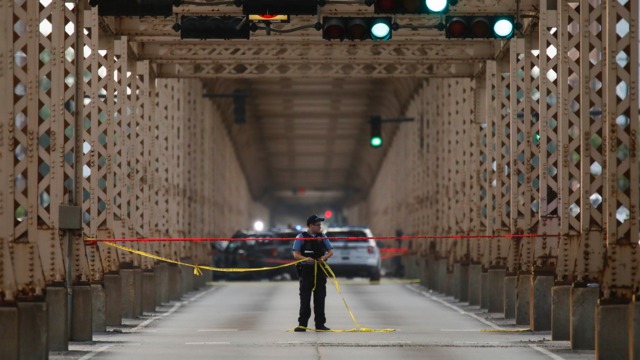billyerock1991
Gold Member
- Apr 24, 2012
- 7,106
- 506
- 140
Chicago police: Trump never even talked to our 'very top police'

By Laura Clawson
Wednesday Aug 24, 2016 · 10:45 AM MDT

Beautiful. Remember Donald Trump’s claim that he’d talked to an unnamed but “very top” and “rough, tough” Chicago police official, and said rough, tough man had assured Trump that he could put a stop to violence in a week if were just allowed to use the right “tough police tactics”? The Chicago police department could have swatted that story down in a couple different ways. They could have said “our people did not say that,” for instance. But they went another direction—a direction Trump-watchers will find familiar:
"We've discredited this claim months ago," CPD spokesperson Frank Giancamilli said in a statement. "No one in the senior command at CPD has ever met with Donald Trump or a member of his campaign."
Basically, a repeat of the NFL denying having complained to Trump about the presidential debate schedule. “We did not talk to that man” is a pretty definitive rejection of Trump’s claims.
Trump’s campaign responded that “He didn't say in the senior command” but he “spoke with some talented and dedicated police officers on a prior visit.” When Trump said he’d met with “very top police,” we are to believe that he didn’t mean high-ranking, he meant personally awesome. Alternatively we could just believe that he lied, as he has done so many times before.
and yet his lying all the time is ok by his followers ... so don't come and complain about hillary to me ...
By Laura Clawson
Wednesday Aug 24, 2016 · 10:45 AM MDT

Beautiful. Remember Donald Trump’s claim that he’d talked to an unnamed but “very top” and “rough, tough” Chicago police official, and said rough, tough man had assured Trump that he could put a stop to violence in a week if were just allowed to use the right “tough police tactics”? The Chicago police department could have swatted that story down in a couple different ways. They could have said “our people did not say that,” for instance. But they went another direction—a direction Trump-watchers will find familiar:
"We've discredited this claim months ago," CPD spokesperson Frank Giancamilli said in a statement. "No one in the senior command at CPD has ever met with Donald Trump or a member of his campaign."
Basically, a repeat of the NFL denying having complained to Trump about the presidential debate schedule. “We did not talk to that man” is a pretty definitive rejection of Trump’s claims.
Trump’s campaign responded that “He didn't say in the senior command” but he “spoke with some talented and dedicated police officers on a prior visit.” When Trump said he’d met with “very top police,” we are to believe that he didn’t mean high-ranking, he meant personally awesome. Alternatively we could just believe that he lied, as he has done so many times before.
and yet his lying all the time is ok by his followers ... so don't come and complain about hillary to me ...






